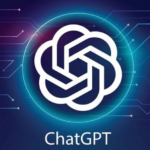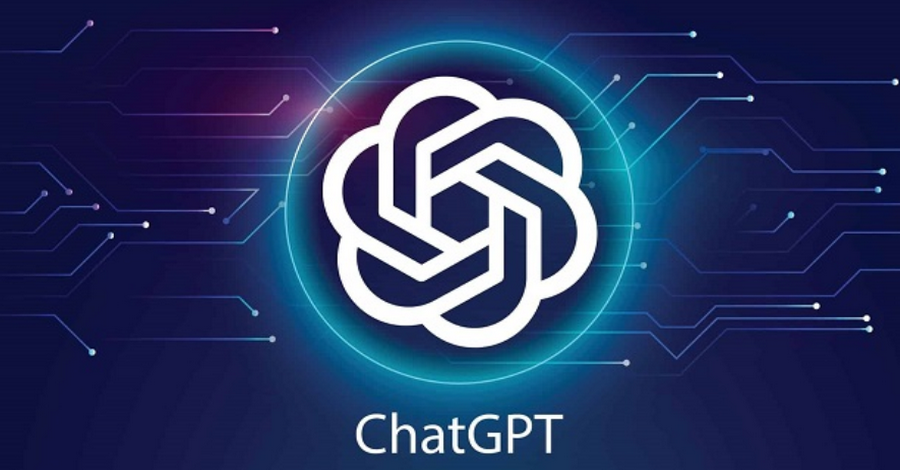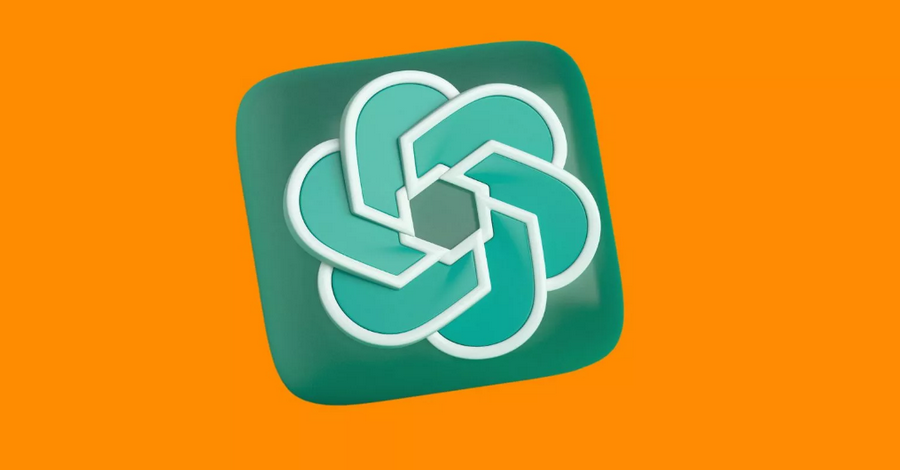As of now, ChatGPT isn’t directly integrated into web browsers as a search engine replacement like Google or Bing, but there are ways you can set up your browser to use ChatGPT for certain search tasks or use it as a supplemental tool for searching and browsing. Here’s how you can potentially replace Google with ChatGPT-based tools in your browser, along with some methods that allow you to optimize the experience for more AI-powered browsing.
1. Using ChatGPT as Your Primary Search Engine (Indirect Approach)
Although ChatGPT doesn’t operate like a traditional search engine, you can make it an integral part of your web browsing experience by using it for web searches and other types of information retrieval. This method involves combining different tools and browser features to create a hybrid search experience that relies heavily on ChatGPT.
a. Browser Extensions and ChatGPT Integration
One of the easiest ways to incorporate ChatGPT into your browser is by using browser extensions that connect ChatGPT directly with your browsing experience. There are several extensions available for Chrome, Firefox, and other popular browsers that let you integrate ChatGPT directly into your search bar or as a pop-up tool.
Here’s how you can do it:
- Step 1: Install a ChatGPT Extension Search for a browser extension like “ChatGPT for Search” or similar in your browser’s extension store. For instance, there are browser add-ons that allow you to use ChatGPT directly from the address bar or context menus.
- Step 2: Set the Extension for Search Queries After installing the extension, configure it to use ChatGPT as the search tool for certain types of queries. For example, you might specify that basic informational searches (e.g., “What is the capital of France?”) go to ChatGPT, while complex web searches or more specific queries go to traditional search engines.
- Step 3: Use the Extension Now, instead of using Google or other search engines, you can type your queries directly into the extension interface, and it will use ChatGPT to respond with conversational answers, summaries, or suggestions based on your input.
b. Custom Search Engines with ChatGPT API
If you’re a bit more tech-savvy, you can customize your browser’s search engine settings to use the ChatGPT API for fetching responses. While this method might require a developer’s background, it allows for more control over how ChatGPT integrates into your web searches. You’d need to:
- Sign up for an API key through OpenAI’s platform.
- Set up a script that connects this key to your browser’s search functionality.
- Adjust the default search engine settings to use this script for conversational search queries.
This will make ChatGPT handle search tasks directly, providing AI-driven responses in the format of a chatbot conversation rather than traditional search engine results pages.
2. Setting ChatGPT as the Default Search Engine in Your Browser
Currently, no major browser (e.g., Chrome, Firefox, Safari) allows you to set ChatGPT as a search engine directly within their search bar. However, you can work around this limitation by using certain browser settings or modifying existing search engines for AI-driven results.
a. Using a Custom Search URL
Browsers allow users to create custom search engines by specifying a search query URL pattern. Although ChatGPT isn’t a typical search engine that can generate its results via a URL, you can still link to tools or platforms that offer ChatGPT-based search functionality.
For example:
- Google Chrome:
- Open Chrome and go to the settings menu.
- Navigate to Search Engine > Manage search engines.
- Add a new search engine with a name like “ChatGPT.”
- Use the URL
https://chat.openai.com/chat?q=%s(or a similar URL that might allow ChatGPT to perform a query). - Now, you can trigger ChatGPT-based responses by typing a search term and selecting it from the list.
- Mozilla Firefox:
- Go to the Firefox settings and find the section for search engines.
- Create a new search engine entry and link it to a web page where ChatGPT is active.
- This will set up ChatGPT as a custom search engine for your browser’s search bar.
Note that this method will rely on a third-party website or interface that uses ChatGPT to generate responses based on search queries. It doesn’t fully replace the traditional search engine experience but instead provides access to ChatGPT’s language model for answering questions or providing information.
b. Search Using ChatGPT-Powered Sites
Certain websites provide ChatGPT-based search functionality directly from their platform. You can bookmark or set one of these sites as your default homepage. Some sites, like ChatGPT-based search tools, integrate GPT-4 for web-based queries. You can configure your browser to open these platforms upon startup, effectively “replacing” traditional search engines with ChatGPT-driven responses.
- Step 1: Set Up ChatGPT Web Tools Go to a website that offers GPT-powered search (e.g., OpenAI’s ChatGPT platform or other tools that combine GPT models with web search functionalities).
- Step 2: Bookmark or Set It as the Homepage Set that website as your default homepage or bookmark it for quick access. When you need to search or get information, go directly to the ChatGPT interface instead of Google.
3. Optimizing ChatGPT for Search Use
Since ChatGPT is primarily designed as a conversational AI, it might not replace Google’s structured, results-based search system completely. However, with some creative modifications and understanding, you can leverage ChatGPT for a more personalized and engaging browsing experience.
a. Use ChatGPT for Information Retrieval
You can set up a system where ChatGPT is used for information retrieval, while other search engines like Google handle more specific search queries. For instance, when you want general knowledge or help understanding complex topics, turn to ChatGPT. For real-time information, product searches, or news, use Google or another traditional search engine.
b. Leverage ChatGPT’s Enhanced Answer Quality
ChatGPT excels at providing detailed, nuanced answers, and can summarize articles, explain difficult concepts, or help generate ideas. You can replace Google for certain searches where nuanced answers are more valuable. For example:
- Complex queries: When you’re researching a multi-step problem, ChatGPT can guide you through it step-by-step.
- Creative tasks: For brainstorming ideas, generating text, or writing summaries, ChatGPT can be a powerful tool for replacing traditional search engines.
c. AI-Enhanced Search Results with ChatGPT
One significant advantage of using ChatGPT in place of Google is its ability to summarize lengthy web pages or articles. You can use ChatGPT to distill information that would otherwise be scattered across different web pages, saving you time and making the search process more efficient. Tools like chat-based search engines or GPT-powered aggregators already do this by condensing information from multiple sources into a single response.
4. Alternative AI-Powered Search Engines
If you’re looking for a closer replacement to Google, there are some search engines powered by AI that can be considered alternatives to traditional search engines.
- You.com: This is an AI-powered search engine that combines traditional search features with ChatGPT-like conversational AI for more tailored search results.
- Neeva: An AI-first search engine that focuses on delivering high-quality answers by prioritizing user privacy and providing personalized responses based on your search history.
Both of these platforms have integrated AI into their search systems, which could provide a smoother transition for users looking for something more akin to ChatGPT than Google.
While ChatGPT isn’t currently designed to fully replace traditional search engines like Google, you can take advantage of its capabilities to create a more AI-driven search experience. By using browser extensions, custom search engines, or ChatGPT-powered websites, you can incorporate it into your web browsing routine, making it your primary assistant for informational queries, creativity, and learning. The combination of ChatGPT’s conversational strengths and traditional search engines’ real-time data could ultimately offer a richer and more engaging browsing experience.










